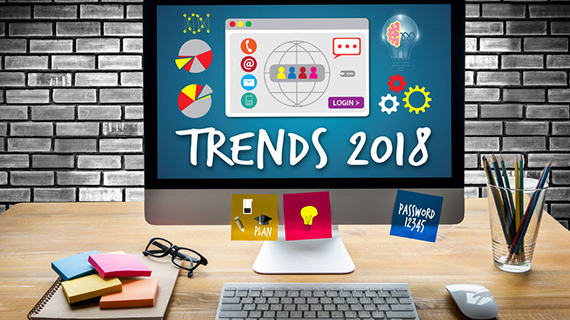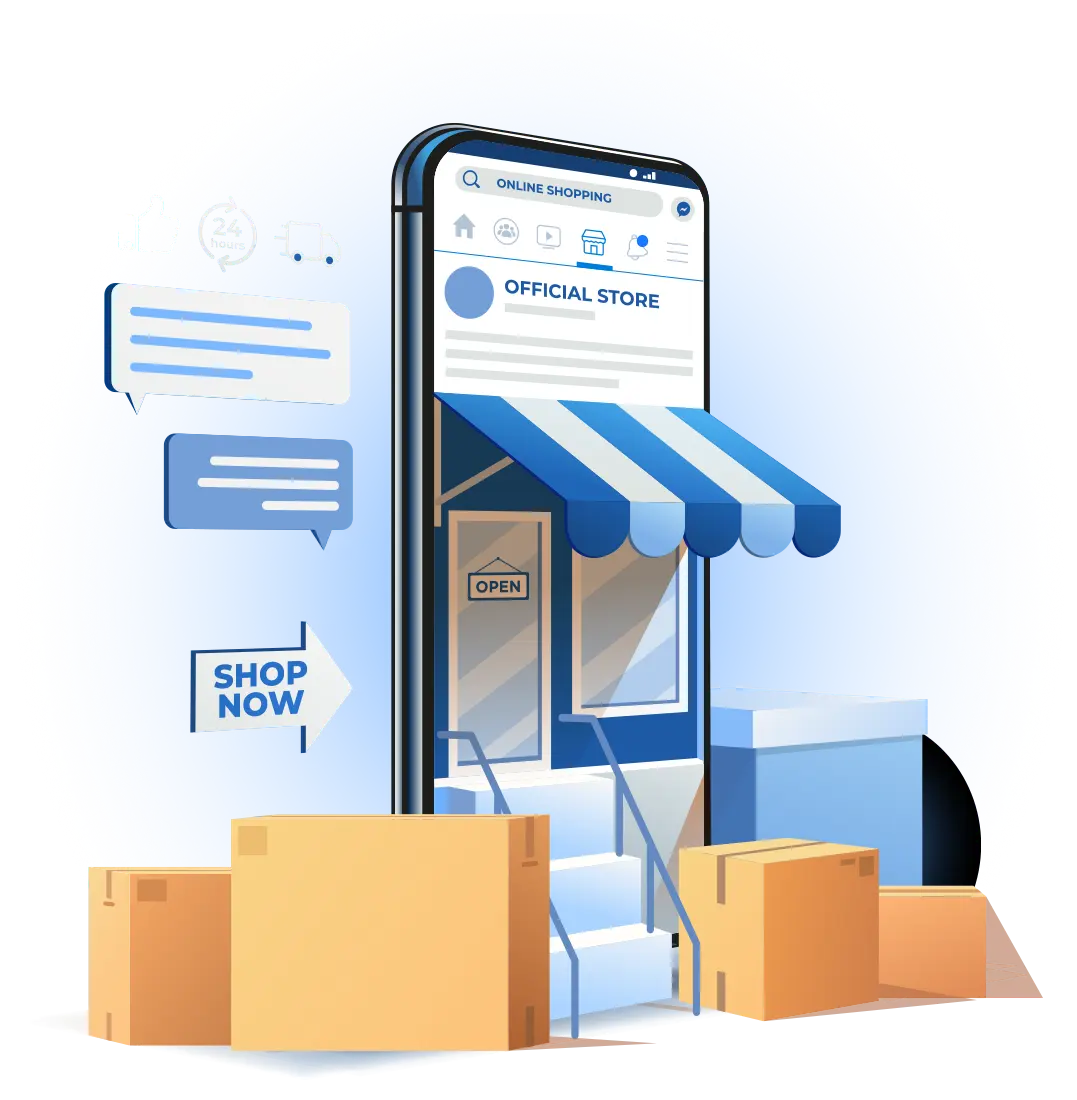 As predicted, the B2B commerce landscape has transformed and distributors are now providing online storefronts that give buyers the opportunity to research, shop and purchase products more independently and efficiently. But eCommerce is continually evolving; therefore, any business with an online presence must evolve as well.
As predicted, the B2B commerce landscape has transformed and distributors are now providing online storefronts that give buyers the opportunity to research, shop and purchase products more independently and efficiently. But eCommerce is continually evolving; therefore, any business with an online presence must evolve as well.
As you plan your strategy for market success in 2018, make sure you invest in the right applications and resources to help achieve your goals. From better technology and integrations to new tools and marketing opportunities, there are a number of growing trends happening in the B2B marketplace. While it may be a bit overwhelming to implement them all, we suggest focusing on these five top trends that are sure to make a positive impact on your business:
- Mobile checkout
As people adopt a more mobile lifestyle, wholesalers are now focusing on mobile devices as a critical sales channel. Across all ages and generations, researchers have found that more buyers want to use their smartphones or tablets throughout the entire purchase cycle – from researching products and making a purchase, to looking up order status and even sharing post-purchase feedback. To meet your buyers’ mobile needs, make sure your website has a responsive design that provides a consistent experience across all computers and devices. Also, consider having a native mobile app created for your site to give buyers the added benefit of smartphone technology to enhance their experience.
- Digital experience management
As our world becomes more digital and data-driven, businesses with an online presence must make sure their applications, people and processes continually provide efficient interactions with end-users. Performance is the key driver of this relatively new initiative known as digital experience management (DEM). DEM software provides 360-degree customer insights from a range of data sources, and then uses that insight to deliver personalized digital experiences that respond to buyer needs. It also bridges the gap between the technology IT monitors and what employees and customers are experiencing, to give businesses the opportunity to detect issues before they start, fix bottlenecks and maintain a truly omnichannel experience.
- Punchouts
What was once only available to major suppliers, punchouts have now become an affordable and viable eCommerce tool that small to medium-sized distributors can offer their customers. Punchout technology allows buyers to shop for products on a supplier’s website but transact through their own e-procurement system. Punchout capabilities are a great way for you to add more items to your online product offerings without incurring the costs associated with inputting or managing the data. Customers like punchouts, too, because they ensure more accurate ordering and make the overall transaction process faster and easier.
- Omnichannel marketing
If you want to build awareness and long-term loyalty with your buyers, create an omnichannel marketing strategy that focuses on your customers’ needs and preferences. Omnichannel marketing involves consistent messaging and engagement across all customer touchpoints including in store, online, on the phone and via e-mail. Take advantage of data analytics to track buyer interactions so that you can develop a personalized experience at every stage of the customer lifecycle. In addition, employ these action items as part of your omnichannel marketing efforts:
-
Develop interesting online content on a regular basis – and promote it across channels – to attract visitors to your site
-
Build a social media presence by engaging with people on platforms like LinkedIn, Facebook and Google+
-
Create buyer-specific e-mail marketing campaigns aimed to relay details about relevant new items, discounts and more
-
Have your sales and service reps advocate your website to boost customer adoption
-
Encourage customer feedback in the form of online reviews and surveys
-
- Artificial Intelligence (AI)
While somewhat new to the B2B industry, AI has brought better efficiency and results to consumer retailers for quite some time. This technology gives businesses the ability to digest all types of information, including images and speech, digest it, then find patterns that can be used to develop more targeted marketing campaigns and personalized buyer experiences.
AI does a deeper analyzation of customer shopping behavior in order to create a truly individualized experience that can include predicting their future needs and offering solutions. AI is a game-changing trend that is helping businesses gain efficiencies and increase brand loyalty.
It’s not difficult to maintain a competitive online business if you have the right eCommerce partner in place. Look to the experts at Unilog to help create a path to success for your business. Our all-in-one eCommerce platform, CIMM2, is built to handle the specific needs of the B2B marketplace – and keep up with trends and buyer expectations. Contact us today to see how CIMM2 works and how it just may be your company’s best bet for 2018.
